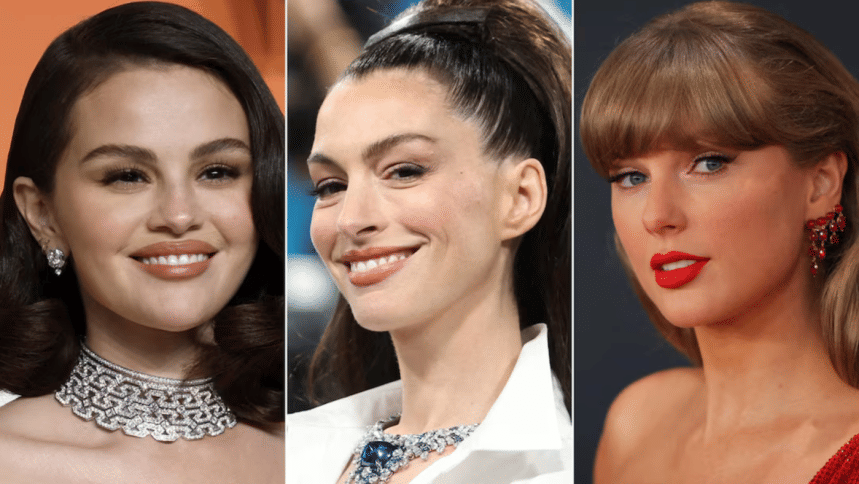Meta used Taylor Swift, other celebs’ likenesses for flirty AI, Reuters finds

A Reuters investigation has found that Meta created dozens of flirty social-media chatbots using the names and likenesses of celebrities like Taylor Swift, Scarlett Johansson, Anne Hathaway, and Selena Gomez without their consent.
While many were created by users with a Meta tool for building chatbots, Reuters discovered that a Meta employee had produced at least three, including two Taylor Swift 'parody' bots.
Reuters also found that Meta had allowed users to create publicly available chatbots of child celebrities, including Walker Scobell, a 16-year-old film star. Asked for a picture of the teen actor at the beach, the bot produced a lifelike shirtless image.
"Pretty cute, huh?" the avatar wrote beneath the picture.
All of the virtual celebrities have been shared on Meta's Facebook, Instagram, and WhatsApp platforms. In several weeks of Reuters testing to observe the bots' behavior, the avatars often insisted they were the real actors and artists. The bots routinely made sexual advances, often inviting a test user for meet-ups.
Some of the AI-generated celebrity content was particularly risqué: Asked for intimate pictures of themselves, the adult chatbots produced photorealistic images of their namesakes posing in bathtubs or dressed in lingerie with their legs spread.
Meta spokesman Andy Stone told Reuters that Meta's AI tools shouldn't have created intimate images of the famous adults or any pictures of child celebrities. He also blamed Meta's production of images of female celebrities wearing lingerie on failures of the company's enforcement of its own policies, which prohibit such content.
"Like others, we permit the generation of images containing public figures, but our policies are intended to prohibit nude, intimate, or sexually suggestive imagery," he said.
While Meta's rules also prohibit "direct impersonation", Stone said the celebrity characters were acceptable so long as the company had labeled them as parodies. Many were labeled as such, but Reuters found that some weren't.
Meta deleted about a dozen of the bots, both "parody" avatars and unlabeled ones, shortly before this story's publication. Stone declined to comment on the removals.
Stone told Reuters that Meta is in the process of revising its guidelines document and that the material allowing bots to have romantic conversations with children was created in error.
Stone also said the employee's bots were created as part of product testing. Reuters found they reached a broad audience: Data displayed by her chatbots indicated that collectively, users had interacted with them more than 10 million times.
The company removed the staffer's digital companions shortly after Reuters began trying them out earlier this month.
Before the Meta employee's Taylor Swift chatbots vanished, they flirted heavily, inviting a Reuters test user to the recently engaged singer's home in Nashville and her tour bus for explicit or implied romantic interactions.

 For all latest news, follow The Daily Star's Google News channel.
For all latest news, follow The Daily Star's Google News channel. 








Comments